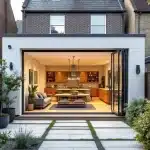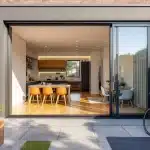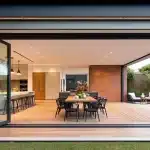Small Home Extensions Melbourne Solutions
Melbourne homeowners often face a dilemma: move house or extend their current property. Small home extensions Melbourne solutions offer a practical alternative that adds space without the stress of relocating.
We at Cameron Construction understand that every square metre counts in Melbourne’s competitive property market. Strategic extensions can transform cramped homes into comfortable family spaces while boosting property values significantly.
What Extension Types Work Best in Melbourne?
Single storey rear extensions dominate Melbourne’s extension market, with kitchen and living area expansions accounting for a significant portion of all small extension projects according to Victorian Building Authority data. These additions typically range from 20 to 60 square metres and cost between $40,000 to $120,000 (depending on finishes and site conditions). Open-plan kitchen-living extensions deliver the highest return on investment, with property valuers reporting average value increases of 15-20% when executed properly.
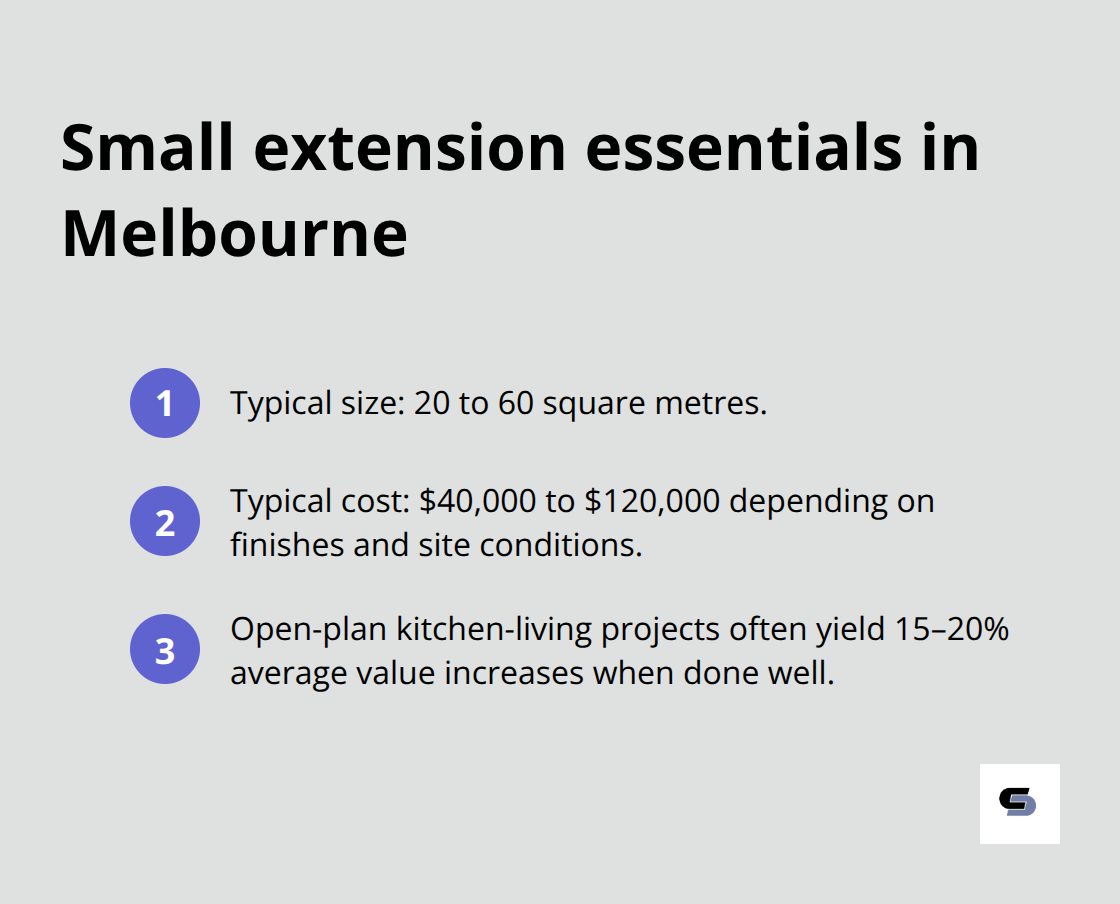
Kitchen and Living Extensions That Add Value
Modern Melbourne families demand open-plan living spaces, and rear extensions deliver exactly this outcome. The most successful projects remove walls between existing kitchens and dining areas, then extend outward to create 40-50 square metre entertainment zones. These extensions work particularly well on standard 15-metre deep blocks common in suburbs like Richmond, Carlton, and Fitzroy. Smart designs incorporate bi-fold doors to outdoor areas, which increases the perceived living space dramatically.
Bathroom and Utility Room Additions
Bathroom additions represent the fastest-growing segment of small extensions in Melbourne, particularly in homes built before 1980 that typically feature just one bathroom. Property appeal increases significantly when you add a second bathroom or powder room, with real estate agents reporting faster sale times for homes with multiple bathrooms. Laundry extensions work exceptionally well when combined with bathroom additions, as they create dedicated utility zones that free up valuable indoor space.
Strategic Second Storey Bedroom Additions
Small second storey additions for bedrooms offer the best space efficiency on Melbourne’s narrow blocks. These extensions typically add 25-40 square metres without sacrificing garden space, which makes them ideal for families who need extra bedrooms. Heritage overlay areas require careful design consideration, but skilled builders can create sympathetic additions that enhance rather than compromise character home appeal. Second storey additions cost approximately $3,000-4,000 per square metre but deliver exceptional value in high-demand inner suburbs.
The success of any extension project depends heavily on proper planning and design considerations that work within Melbourne’s unique regulatory environment.
How Do Melbourne Planning Rules Shape Extension Design?
Melbourne’s planning requirements directly determine extension feasibility, with council variations that create significant differences across suburbs. The Melbourne Planning Scheme mandates specific setback requirements, typically 1.5 metres from side boundaries for single storey additions and 3 metres for double storey extensions, though these vary substantially between councils. Moonee Valley Council enforces stricter height limits at 8 metres compared to Yarra Council’s 9-metre allowance, which affects second storey addition potential significantly. Planning applications take 4-12 weeks for standard extensions, but heritage overlay properties require additional approvals that extend timeframes to 16-20 weeks according to Victorian Building Authority regulations.
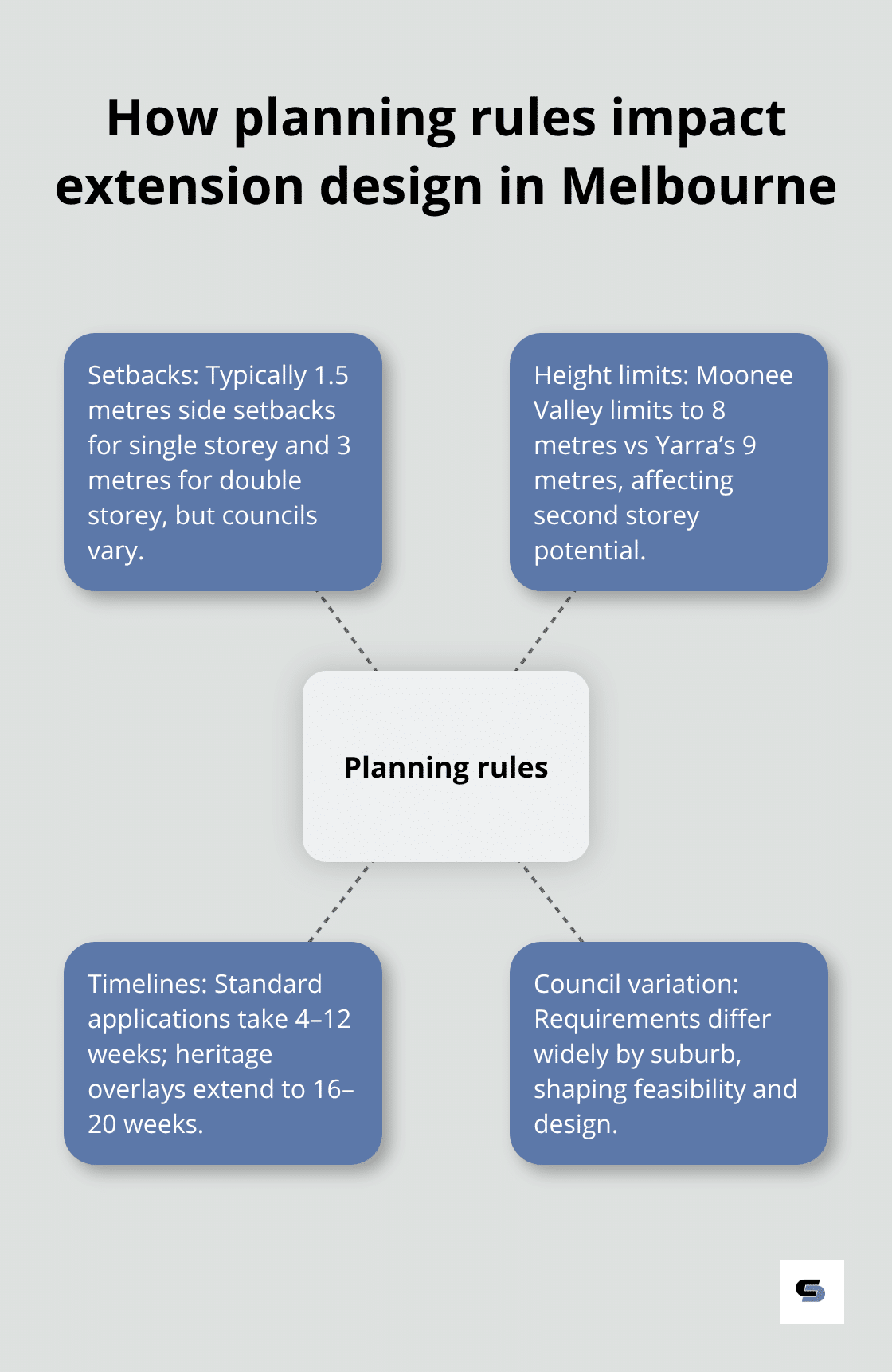
Compact Design Strategies That Maximise Space
Smart space plans transform small footprints into highly functional areas through strategic design decisions. Open-plan layouts with 3.5-metre ceiling heights create perceived space increases of 30-40% compared to standard 2.7-metre ceilings, while built-in storage solutions add 15-20% more usable space without floor area expansion. Sliding cavity doors between rooms provide flexibility without swing space requirements, and strategically placed skylights enhance natural light penetration by up to 50% in rear extensions. Multi-level designs work exceptionally well on Melbourne’s narrow blocks, with split-level additions that create distinct zones while they maintain compact footprints.
Heritage Overlay Navigation for Character Extensions
Heritage properties require sympathetic design approaches that preserve architectural integrity while they add modern functionality. Heritage extension applications show varying approval rates depending on design compatibility with existing architectural features and materials. Builders must match brick types, window proportions, and verandah details, with heritage consultants who reduce approval timeframes through proper documentation. Single storey rear extensions work best for heritage properties, as they avoid visible street-facing alterations that trigger stricter assessment criteria from heritage advisors.
Council-Specific Requirements Across Melbourne
Different Melbourne councils enforce unique extension requirements that affect design possibilities and costs. Boroondara Council requires additional landscape plans for extensions over 40 square metres (which adds $2,000-3,000 to application costs), while Port Phillip Council mandates sustainability reports for all double storey additions. Stonnington Council permits larger rear setbacks but restricts side boundary extensions more strictly than neighbouring areas. These variations mean extension designs must adapt to specific council requirements rather than follow generic Melbourne-wide standards.
Cost considerations become the next major factor that determines extension feasibility and design scope for Melbourne homeowners.
What Do Small Extensions Actually Cost in Melbourne
Small extension costs vary dramatically across Melbourne, with single storey rear additions that range from $2,200 to $3,500 per square metre. Basic 25 square metre kitchen extensions start at $55,000 for standard construction, while premium finishes push costs to $87,500 for the same footprint. Bathroom additions cost $35,000 to $65,000 for standard configurations, but ensuite additions with premium fixtures reach $85,000 when builders require structural modifications. Second storey bedroom additions command $260,000 to $350,000 for most projects, which makes a 30 square metre addition cost within this range when including structural reinforcement and stair installation.
Site Conditions That Drive Extension Costs Higher
Difficult site access increases construction costs by 15-25% when crane access faces restrictions or materials must travel through narrow side passages common in inner Melbourne terraces. Existing structural issues add $15,000 to $35,000 to extension budgets when foundation work or structural reinforcement becomes necessary, particularly in homes that builders constructed before 1960. Steep slopes require additional retaining wall construction that adds $8,000 to $20,000 to project costs, while heritage overlay properties need specialised materials and craftsmanship that increases costs by 20-30% compared to standard extensions.
Hidden Costs That Catch Homeowners Off Guard
Asbestos removal in pre-1980 homes adds $5,000 to $15,000 to budgets, and electrical upgrades to meet current standards typically cost $3,000 to $8,000 for small extensions. Council application fees range from $1,200 to $3,500 across different Melbourne councils, with heritage properties that face additional consultant fees of $2,000 to $5,000. Temporary accommodation costs affect families during major kitchen extensions, with alternative arrangements that add $2,000 to $8,000 to total project expenses when construction disrupts daily life.
Smart Finance and Investment Returns for Extensions
Home equity loans provide the most cost-effective finance for extensions, with current rates 1-2% below personal loan alternatives and tax-deductible interest when properties serve as investment assets. Extension projects deliver 70-85% return on investment in Melbourne’s inner suburbs according to Australian Property Institute valuations, with kitchen-living extensions that show the strongest returns at 80-90% of construction costs. Well-executed small extensions increase rental yields by $50 to $120 per week, which creates positive cash flow for investment properties within 18-24 months of completion.
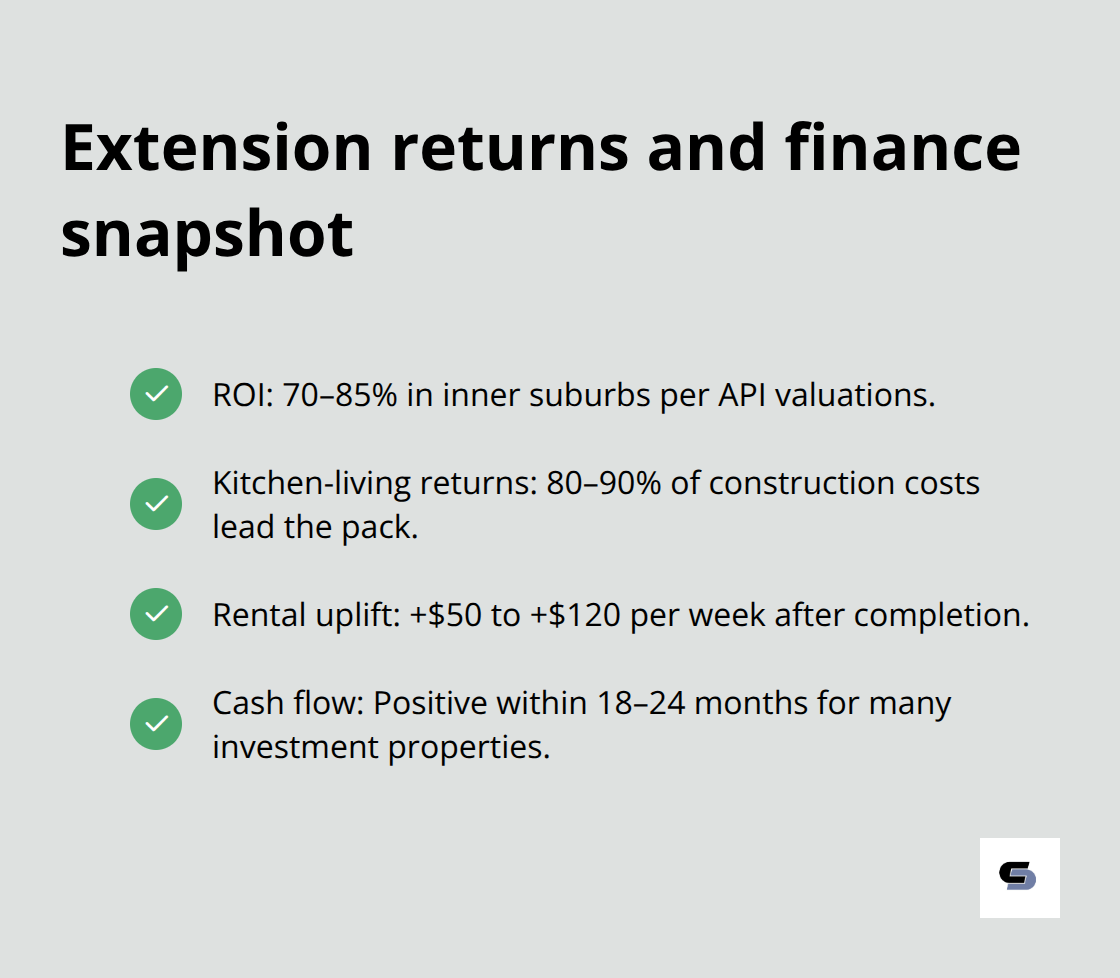
Property values increase most significantly when extensions address genuine space deficiencies rather than luxury additions, with two-bedroom homes that gain additional bedrooms and show the strongest market response.
Final Thoughts
Small home extensions Melbourne projects deliver compelling advantages over relocation, particularly when construction costs remain 40-60% below moving expenses (including stamp duty, agent fees, and relocation costs). Extensions preserve established neighbourhood connections while they eliminate school disruption for families. Property values increase immediately upon completion rather than face uncertain market timing with house sales.
Experienced Melbourne extension builders become essential for project success, as complex council requirements and heritage considerations demand specialised local knowledge. Poor builder selection leads to cost overruns that average 25-35% and completion delays that extend 8-12 weeks beyond contracted timeframes according to Victorian Building Authority dispute data. Professional feasibility assessments evaluate structural capacity, council requirements, and realistic budget parameters before construction begins.
Cameron Construction provides comprehensive concept-to-completion services across Melbourne’s diverse council areas. Our in-house designers, engineers, and project managers handle planning permits, BCA compliance, and construction management to deliver extensions that enhance space, function, and property value. Contact our team for detailed project assessments that transform extension concepts into successful reality.

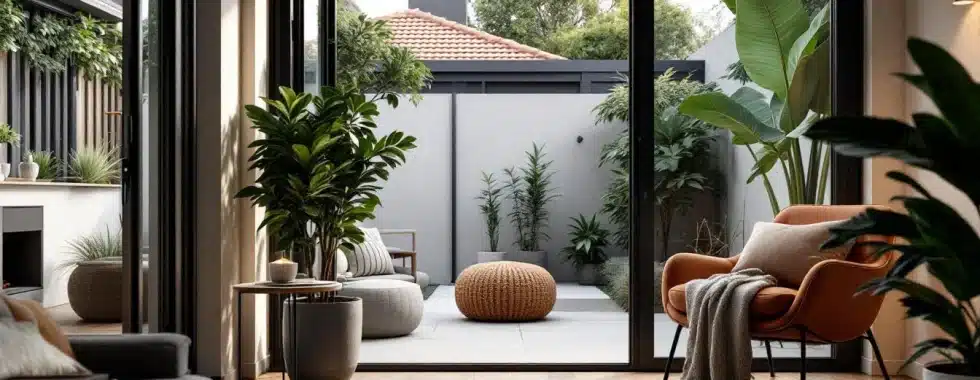
![Second Storey Additions For Growing Families [Guide]](https://www.cameronconstruction.com.au/wp-content/uploads/emplibot/second-storey-additions-hero-1772259809-150x150.webp)

